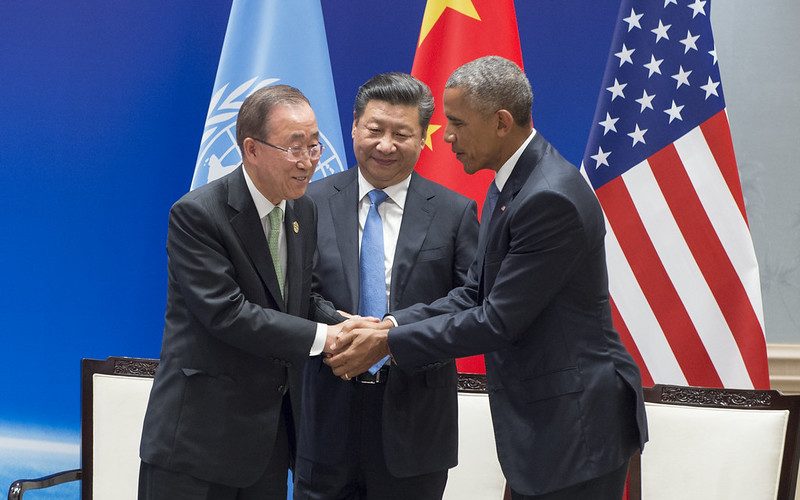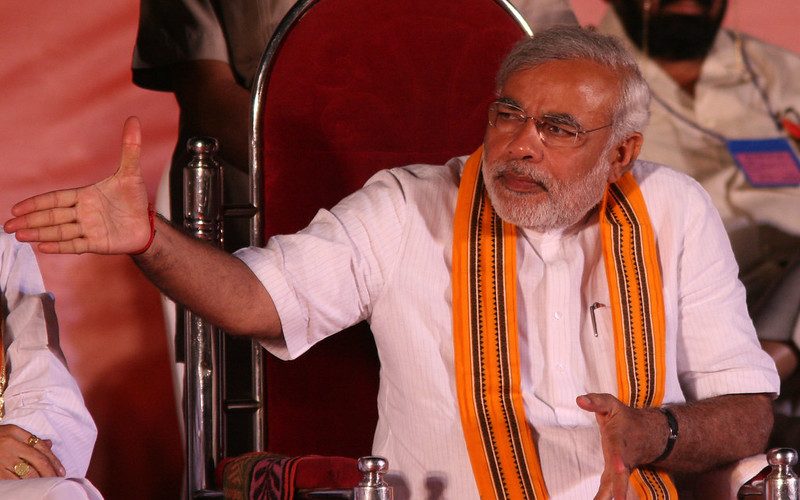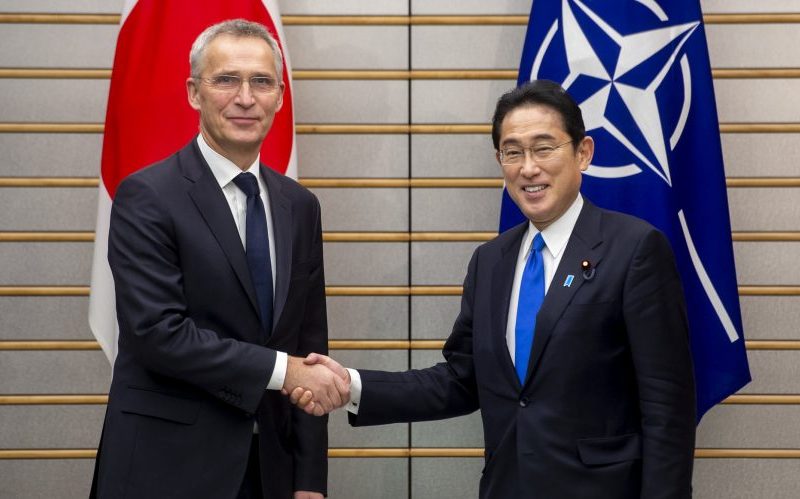
Sinophobia in the Era of US-China Rivalry
Since the beginning of COVID-19, anti-Chinese sentiments have increased globally, often fueled by misinformation spread across multitudes of media platforms. While Sinophobia transcends across countries, one, in particular, stands out: The United States. In 2023 alone, several hate crimes have been reported.

The MODI-fication of India
India, the world’s largest democracy, is known for uniting people of various backgrounds under one country. However, since the rise of the far-right Hindu Nationalist Bharatiya Janata Party (BJP) under Narendra Modi as the Prime Minister in 2014, the nation’s democratic and secular values which they took pride in are eroding rapidly.

Japan’s New Defence Doctrine: The Game is On
2023 is going to be a significant year for Japan, as it is holding the Presidency of G7 and additionally joining the United Nations Security Council as a non-permanent member. Japan’s recently announced new security policy demonstrates the realisation that geopolitics is changing, and that it needs to be prepared to face the realities of a changing region.

